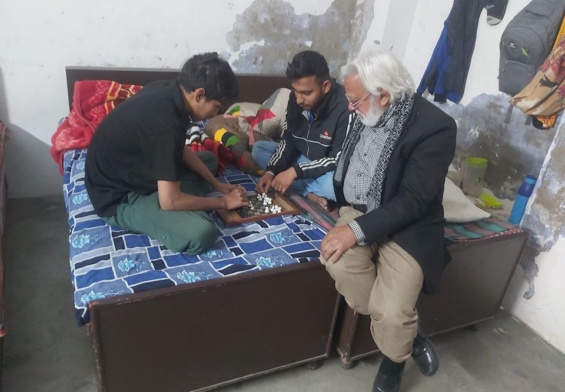
Athithi Devo Bhava… the meaning at a practical level
Athithi Devo Bhava… the meaning at a practical level
The ancient Indian tradition of welcoming the guest as God has stayed
alive despite the countless changes our country has gone through. The
phrase “Atithi Devo Bhava” has come into a new avatar, thanks to Amir
Khan and his series of tourism advertisements. Awareness is being
created within our country about forgotten courtesies that were symbolic
of this ancient land of ours.
‘Atithi Devo Bhava’ is a social awareness campaign that aims at
providing inbound tourists with a greater sense of being welcomed to
the country. The campaign targets the general public while focusing
mainly on the stakeholders of the tourism industry. The campaign
provides training and orientation to the taxi driver, guides, immigration
officers, police, and other personnel who interact directly with the
tourist.
It actually means that a guest is akin to God, which is one of India’s most
ancient maxims. It prescribes a dynamic of the host-guest relationship.
It literally means ‘be one for whom the Mother is God, be one for whom
the Father is God, be one for whom the Teacher is God, be one for
whom the guest is God. India attracts millions of tourists – as a guest of
the country each year but it still lags behind as compared to other
countries.
There was also a popular educative and message able program on the
TV titled Atithi Devo Bhava – a satire on the Indian culture while
dealing with the tourists visiting India when the taxi drivers were
exposed for cheating
Frankly speaking, one might well say that mankind is divisible into two
great classes – hosts and guests and hospitality means a relationship
between a host and guest where the host always receives the guest with
full honour. I feel that when you take the responsibility to host
something, it is your job to make sure that all your guests are taken care
of equally.
There was one attendant – RP – posted with me, who was very fond of tea. He
could consume as many cups as the number of guests comes to the
different officers and officials in our branch. He was given due respect
by all the officials on the floor because of his cool nature and age factor
as he was due to retire in a couple of years.
I recollect the incident when a very senior IAS officer – elder
brother of one of my close relatives and colleague – a dedicated officer
with a simple personality – used to come to my small chamber irrespective
of a big gap between our status, instead of visiting the head of the
department, who too were from his cadre, to have a cup of tea along with
a puff of a cigarette, which he was fond of.
Though Benjamin Franklin had said “Guests, like fish, begin to smell
after three days”, I relished his visits every time to learn new
things from his life experiences. He is no more now and I always pray
that such souls must rest in praise for times to come.
One day, the officer came along with one of his friends and I called
RP and ordered three cups of tea. He went out of my cabin and
returned after a few minutes and addressed me. Sir, will you not have a
cup of tea today? You have ordered three cups – one for me and two
for your guests. I was speechless and had no answer to his valid
question as I had forgotten to include him this time while placing the
order for three cups of tea instead of four.





